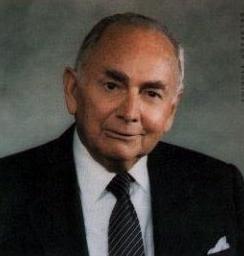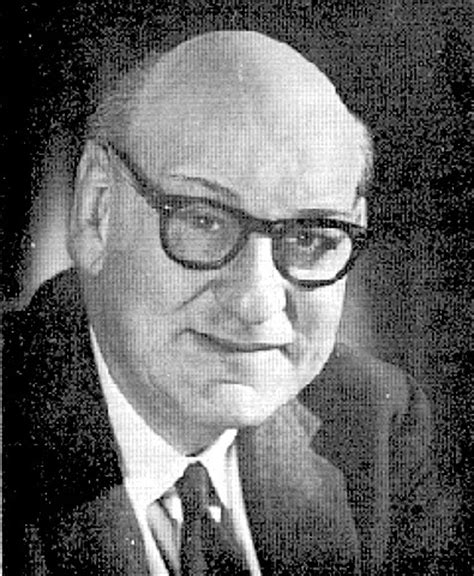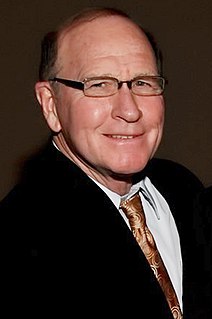A Quote by Peter Drucker
It is easier to raise the performance of one leader than it is to raise the performance of a whole mass.
Related Quotes
The effective executive knows that it is easier to raise the performance of one leader than it is to raise the performance of a whole mass. She therefore makes sure she puts into the leadership position, into the standard-setting, the performance-making position the person who has the strength to do the outstanding pacesetting job. This always requires focus on the one strength of a person and dismissal of weaknesses as irrelevant unless they hamper the full deployment of the available strength.
I have a 22-year-old son, and when my son was born I made a decision to raise him. My husband and I took turns working, and it's easier to raise a kid in the documentary world, where you go away for two weeks or three weeks rather than the months that you spend on a feature. That was and still is much more open to women DPs than the world of fiction.
Regardless of what you plan to use it for, the goal should always be to raise money right before you need it. You don't want to get into a situation where you need cash and you're unable to raise it - or you're unable to raise it on favorable terms. As with any negotiation, you want to raise from a position of strength.



































